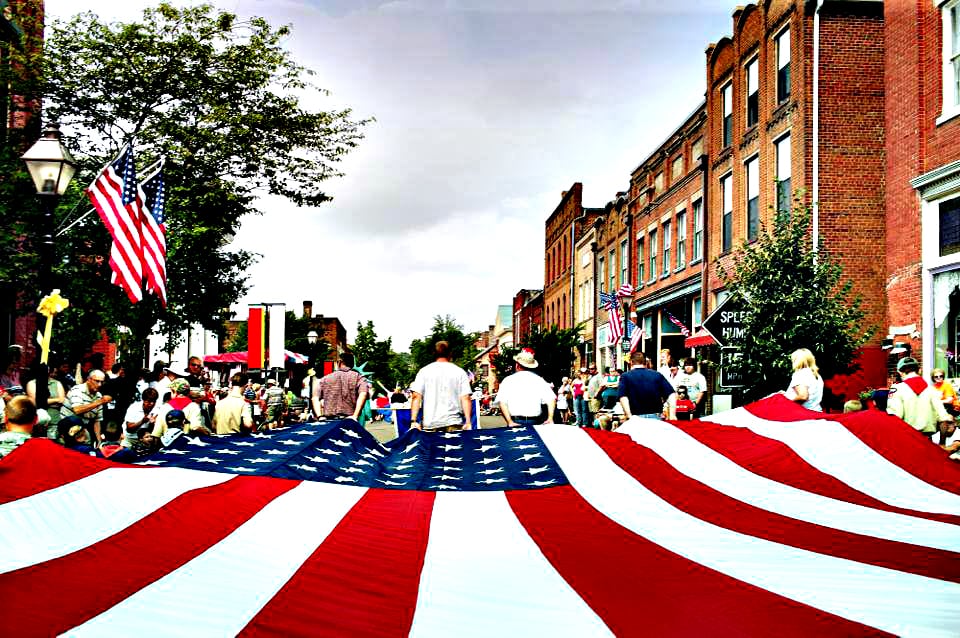My friend Josh Kramer is executive vice president and general manager of the North Dakota Electric Cooperative Association. I’m sharing an article that Josh recently wrote in North Dakota Living that speaks to an issue that has recently been on my mind.
In this issue of North Dakota Living, we feature the Electric Cooperative Youth Tour in which hundreds of electric cooperatives sponsor local students who join other students from across the country for a weeklong experience in Washington, D.C., to learn about their government, history and cooperatives. For these youth, this experience likely impacts how they view their civic responsibilities for a lifetime.
Youthful energy and ideals are to be admired. As we grow older, it never hurts to be reminded of our good fortune to be able to participate in our government.
This reminder came for me recently during a visit with an employee who was moved by her recent jury duty service. This person hasn’t always been eligible to be an American juror or vote.
Liza Kessel was born, raised and lived part of her adult life in the Philippines. Later, she moved to the United States and, after completing the required waiting period eligibility requirement, earned her U.S. citizenship.
In our visit, Kessel was puzzled. She didn’t understand why people often avoid jury duty or find a way out of it. She was proud to now be able to check the box claiming herself a U.S. citizen and say, “Yes! I can do this.”
“Who would do this if we didn’t?” she asked. In the Philippines, one’s fate is decided by a sole judge. The accused’s right to a jury of one’s peers is not a right given to Filipinos.
Our conversation pivoted from her first time on a jury to her first time voting. When asked by a poll worker if she was a U.S. citizen, she again welled with pride, “Well, YES, I am!” Her eyes lit up recalling that moment to me.
Then, Liza shared a perspective from her experience that struck me. She believes some people living in our “free country” misuse the term “free,” defining “free” as “whatever is good for me,” not “what is good for others or the whole.” We must not forget how to respect others or how fortunate every American is to live in this country, she says.
I asked Liza what can be done to help us realize the good fortune we have. Travel, she said, and not just to developed countries and places like the United States. Visit third-world countries, where the majority of the population lives — in places of the world that don’t look like America.
What does it mean to be free? Shouldn’t that freedom come with civic responsibilities?
As Liza stated so well, we need to respect others as we enjoy our freedom. And, yes, we have a responsibility to respectfully participate and be engaged in our political process.


